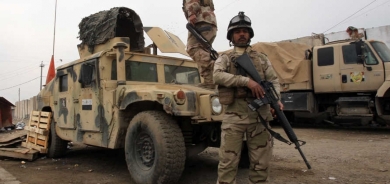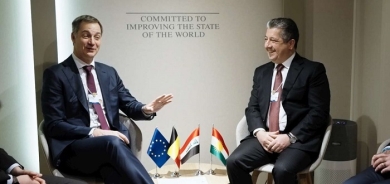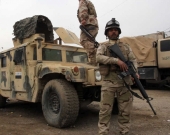Iranian Kurdish Activist Sentenced to Death Amid Allegations of Rights Violations

Iran’s judiciary has sentenced Kurdish activist and women’s rights advocate Varisheh Moradi to death on charges of “armed rebellion,” according to the Hengaw Organization for Human Rights. The verdict was handed down by Branch 15 of the Revolutionary Court in Tehran, overseen by Judge Abolqasem Salavati, and comes amid reports of procedural irregularities and harsh treatment.
Moradi, a member of the East Kurdistan Free Women Society (KJAR) and affiliated with the Free Life Party of Kurdistan (PJAK), was informed of the sentence on November 10, 2024. Her trial reportedly lacked transparency, as her lawyers were denied access to her case file, restricting their ability to mount a defense. Both during the initial hearings and subsequent sessions, her legal team was barred from reviewing evidence, and Moradi herself was denied the chance to defend herself.
In protest of Iran’s continued use of the death penalty for political activists, Moradi staged a 20-day hunger strike, beginning on October 10, which coincided with the World Day Against the Death Penalty.
Moradi has endured months of imprisonment under harsh conditions. For five months, she was held in solitary confinement in Ward 209 of Evin Prison, an area controlled by the Ministry of Intelligence. Hengaw has reported severe mistreatment, including beatings and episodes of torture, which allegedly led to Moradi vomiting blood and losing consciousness. She was reportedly detained by security forces on August 1, 2023, during travel from Marivan to Sanandaj.
In addition to the death sentence, Moradi faces an additional six-month prison term issued by Tehran’s Criminal Court 2 in a separate case involving other political prisoners in Evin Prison.
Human rights groups have raised concerns over Iran’s treatment of political prisoners, calling for greater accountability and transparency in the judicial process. Moradi’s case highlights ongoing tensions over the country’s use of the death penalty, particularly in cases involving political dissent and Kurdish activists.













